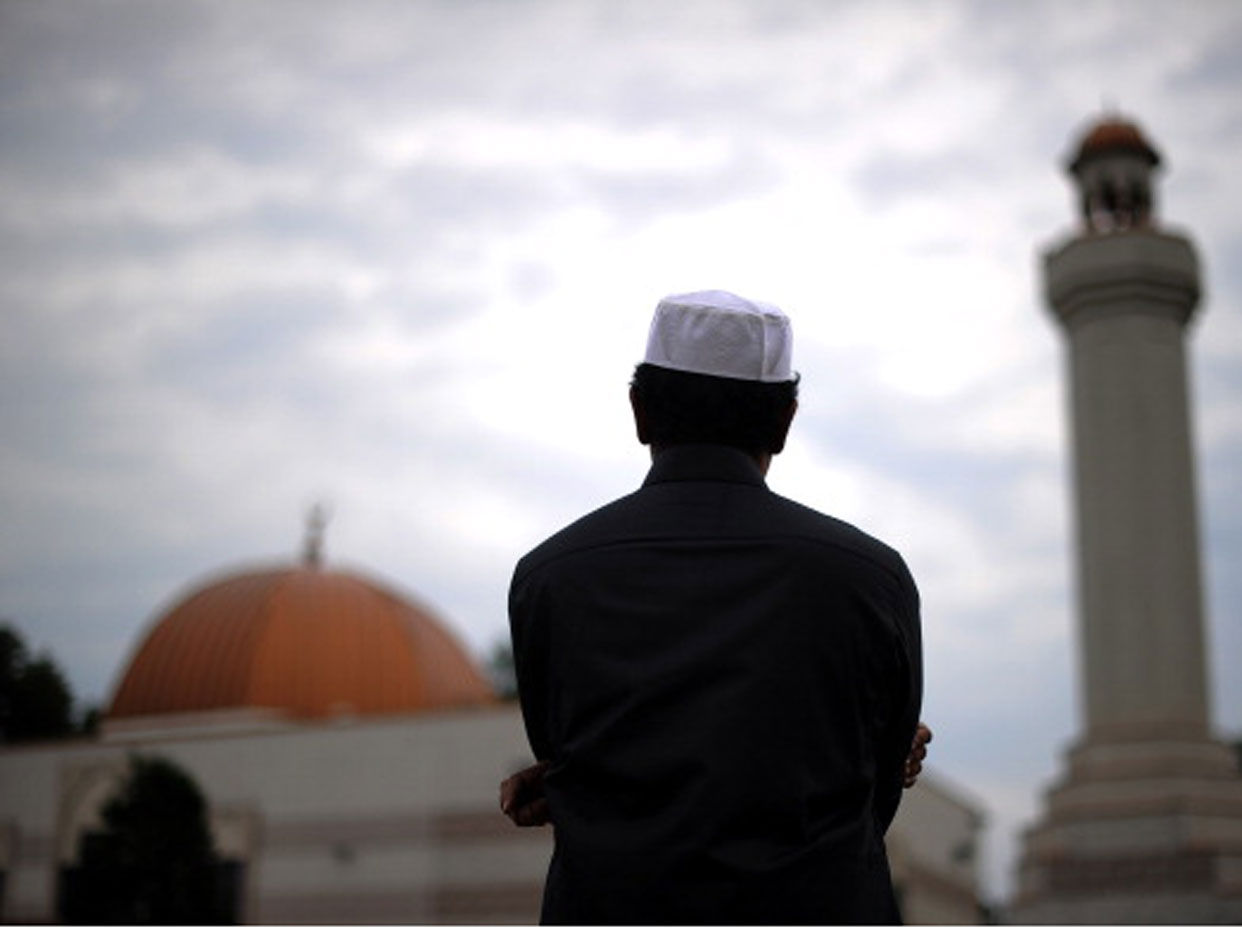Is the Arab world really becoming less religious?
Biggest regional survey ever shows the number of people who claim no faith has risen by 5% in five years

A free daily email with the biggest news stories of the day – and the best features from TheWeek.com
You are now subscribed
Your newsletter sign-up was successful
Almost one in five young Arabs describe themselves as “not religious”, according to the largest ever in-depth survey in the Middle East and North Africa.
Researchers from BBC Arabic and Arab Barometer – a US-based research network – carried out face-to-face interviews with more than 25,000 people in 11 countries and territories, and found the number who claimed no faith had risen from 8% in 2013 to 13% in 2018-2019. Among the under-30s, the figure was 18%.
Trust in political Islamist movements including Hamas, Hezbollah and the Muslim Brotherhood was also found to have declined.
The Week
Escape your echo chamber. Get the facts behind the news, plus analysis from multiple perspectives.

Sign up for The Week's Free Newsletters
From our morning news briefing to a weekly Good News Newsletter, get the best of The Week delivered directly to your inbox.
From our morning news briefing to a weekly Good News Newsletter, get the best of The Week delivered directly to your inbox.
Many of the findings “echo results of this year’s Arab Youth Survey, which suggested most young Arabs believed religion was too influential in the region and institutions were in need of reform”, says The National.
The results of that survey, commissioned from Dubai, were published in April, and triggered speculation that desire for an end to the Syria conflict, and the belief that religious and sectarian elements were responsible for trouble across the region, might be fuelling disillusionment with traditional religion.
The new study covered a range of issues, including more earthly authorities. Across the Arab world, US President Donald Trump was found to be less popular than his Russian counterpart, Vladimir Putin, with approval ratings of 12% and 28% respectively. By contrast, Turkey’s authoritarian President Recep Tayyip Erdogan was viewed with approval by 51%.
Women can lead - but not at home
A free daily email with the biggest news stories of the day – and the best features from TheWeek.com
The new study also looked at attitudes to gender and power. In all of the countries and territories surveyed except for Algeria, a majority of those interviewed agreed it was “acceptable” to have a woman president.
However, in every nation except Morocco, more than half the population said a husband should have the final say in decisions made within a family.
Dima Dabbous, Middle East and North Africa director for compaign group Equality Now, has offered an explanation for these apparently contradictory attitudes. She told The Guardian: “There is a realisation that gender equality is a marker of progress and the ‘right thing’ to say is to support women empowerment.
“But when the framing of the question focuses on the role of men, then the real patriarchal, male-centric bias comes to the surface.”
Dabbous added: “Women in the Middle East and North Africa are getting more educated and participating increasingly in the labour force, but their empowerment will remain incomplete as long as they are still excluded from decision-making positions and political participation.”